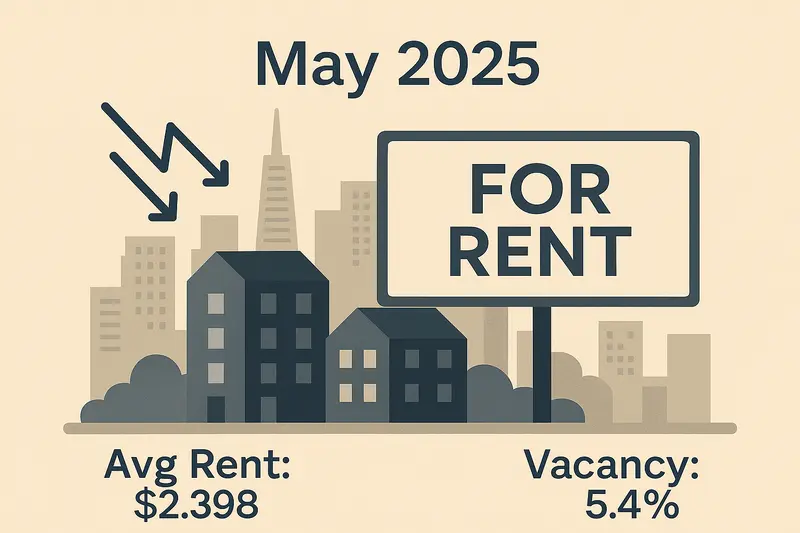Eviction & Hardship Declarations: When Tenants Can Get a Stay
Question
Answer
Hardship eviction commonly refers to a situation where a tenant facing serious financial, medical, or emergency hardship seeks temporary protection from removal — typically via a hardship declaration or a court-ordered stay. Rather than a special kind of eviction, the term usually describes the legal mechanisms that delay or suspend eviction while a tenant shows they face an unavoidable hardship.
In practice, jurisdictions treat these protections differently. Tenants may file a hardship declaration (for example during public-health emergencies) or ask a court for a hardship stay of eviction that postpones the physical removal for a limited period. Qualifying events often include job loss, sudden medical bills, or lack of safe alternative housing. Courts and local rules commonly require documentation, proof of efforts to obtain rental assistance, and timely filing — and they may limit stays to days or a few months depending on local law and the facts.
Landlords retain legal remedies: a hardship filing usually delays removal but does not erase unpaid rent or necessarily defeat an eviction judgment. Many programs require tenants to continue pursuing rental-assistance programs or to propose a payment plan. Because statutes and emergency orders (such as pandemic-era moratoria) vary and often expire or change, owners and renters should check current local procedures before relying on a hardship claim.
Practical tips for both parties:
- Document the hardship and keep records of communications and applications for aid.
- Follow court deadlines and file required forms precisely; missing a deadline can forfeit relief.
- Consider mediation, payment plans, or “cash-for-keys” only with legal advice and clear written terms.
- Because rules differ by state and city, it’s advisable to consult a licensed attorney or local housing agency to understand rights, timelines, and obligations.
In short, a “hardship eviction” usually means a tenant seeks a temporary legal pause from eviction due to hardship — it delays removal but rarely eliminates landlord claims. Prompt, documented action and local legal advice protect both tenant and owner interests.


